Wastewater treatment is an essential process. It is needed not only to have a sustainable environment but also good public health. Contaminated water, if released back into nature untreated, can cause massive health problems and environmental concerns. With increasing population, urbanization, and industrial activities, managing wastewater has become more necessary than ever. Several factors influence the efficiency and success of wastewater treatment process:
1. Type and Source of Wastewater:
The best wastewater treatment company in India, like ours, UY Trienviro, would primarily evaluate the source of water. Based on the source, they would know what the water might contain. Like if the wastewater is:
- Domestic wastewater majorly contains organic matter, pathogens, and detergents
- Industrial wastewater may include heavy metals, oils, chemicals, and high BOD/COD loads.
- Agricultural runoff would mostly have pesticides, fertilizers, and sediment.
Knowing or identifying the source helps in deciding the right treatment technology to be implemented. It helps in better results, ensuring that the treated water meets the standards.

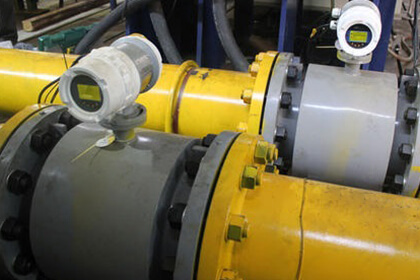
2. Flow Rate and Volume:
Knowing the volume of wastewater and the flow rate is essential for designing the treatment plant. Fluctuations in volume or flow during changing seasons or peak hours also impact the efficiency of the plant. At UV Trienviro, we monitor wastewater and understand:
- Average daily flow
- Peak flow rates
- Inflow variability
Knowing these values helps in optimizing energy usage and equipment size. They also ensure the prevention of system overload.
3. Biological and Chemical Characteristics:
- BOD (Biochemical Oxygen Demand): Indicates the amount of organic matter.
- COD (Chemical Oxygen Demand): Measures both biodegradable and non-biodegradable components.
- TSS (Total Suspended Solids): Impacts filtration and sedimentation processes.
- pH Levels and Nutrient Content: It is important for us to know the pH levels and nutrient content for microbial activity in biological treatment.
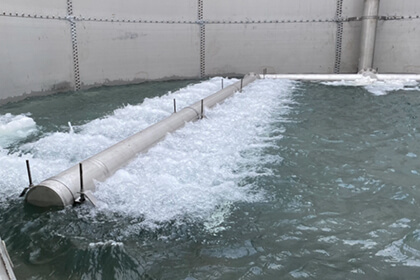

4. Toxic Substances:
Industrial wastewater may contain toxic chemicals, heavy metals, or hazardous substances that require specialized treatment. These contaminants may not only be harmful to the environment but also to the treatment system itself. They may prevent the growth of beneficial microbes used in the biological treatment process.
To fight this issue, all good companies employ:
- Advanced Oxidation Processes (AOPs)
- Chemical Precipitation
- Ion Exchange and Membrane Filtration
These methods ensure safe and compliant discharge. UY Trienviro makes sure to check the released water and its government compliance.
5. Sludge Generation and Management:
- Dewatering
- Drying
- Composting
- Safe Disposal and Energy Recovery
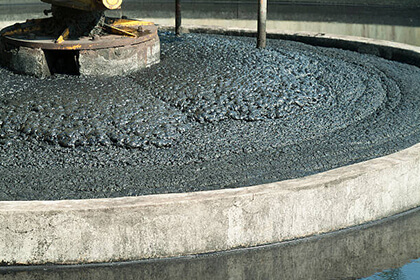
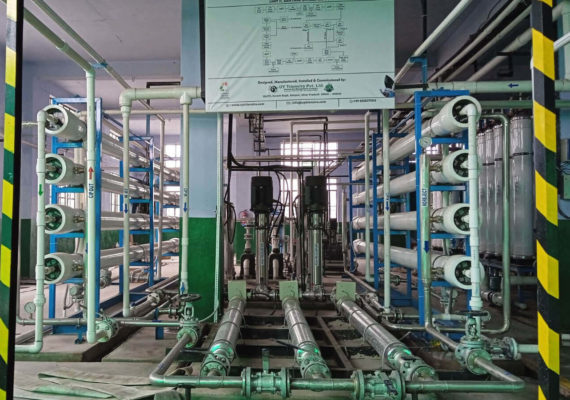
6. Energy Efficiency and Operational Costs:
Energy consumption is a major factor in wastewater treatment operations. Efficient energy use reduces costs. And we know its importance. Lesser energy consumption also lessens the environmental footprint. Leading companies in this space often incorporate:
- Energy-efficient Blowers and Pumps
- Renewable Energy Sources (Solar Panels, etc)
- Automation and Smart Monitoring Systems
These measures help in maintaining performance while keeping a check on operational costs.
7. Disinfection and Final Polishing:
This is the final step in most treatment processes. This step aims to eliminate pathogens and ensure water safety. Depending on the end use of the water (discharge, irrigation, or reuse), companies can choose the most appropriate method:
- Chlorination
- UV Treatment
- Ozonation
The Best Wastewater Treatment Company in India, as UY Trienviro, would ensure that the final effluent meets or even exceeds the national and international quality standards.
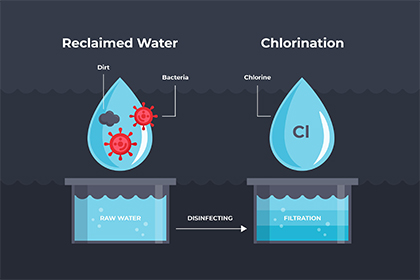
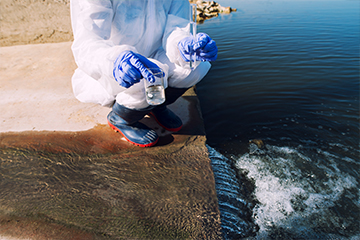
8. Regulatory Compliance and Environmental Standards:
India has strict wastewater discharge regulations, and non-compliance can result in heavy penalties. Leading companies stay ahead of these regulations. We use real-time monitoring and reporting systems to ensure our clients always remain compliant with the environmental laws.
Our expertise ensures that treated water meets:
- CPCB ( Central Pollution Control Board) norms
- Local Municipal Discharge Standards
- Industry-Specific Environmental Guidelines
9. Technology and Innovation:
Top wastewater treatment providers such as UY Trienviro are constantly innovating. We are integrating technologies such as:
- AI-driven Process Optimization
- Zero Liquid Discharge (ZLD) System
- loT-based Monitoring
These technologies ensure higher efficiency, lower resource usage, and better environmental outcomes.
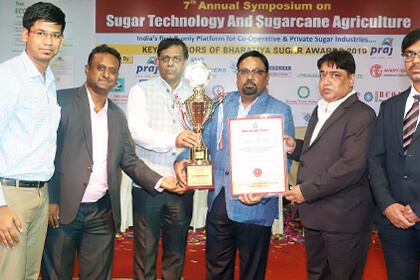
Conclusion:
Wastewater treatment demands expertise, precision, and environmental responsibility. By considering various factors, the Best Wastewater Company in India, UY Trienviro, delivers reliable, cost-effective, and sustainable solutions.
Whether for industrial use or municipal or residential needs, one must pick a company that understands those needs. Factors such as cleaner water, a healthier environment, and a better future for all are the considerations. With UY Trienviro by your side, you can not just stay within the legal parameters and be a good citizen of the Earth, but also set an example for other industries.


